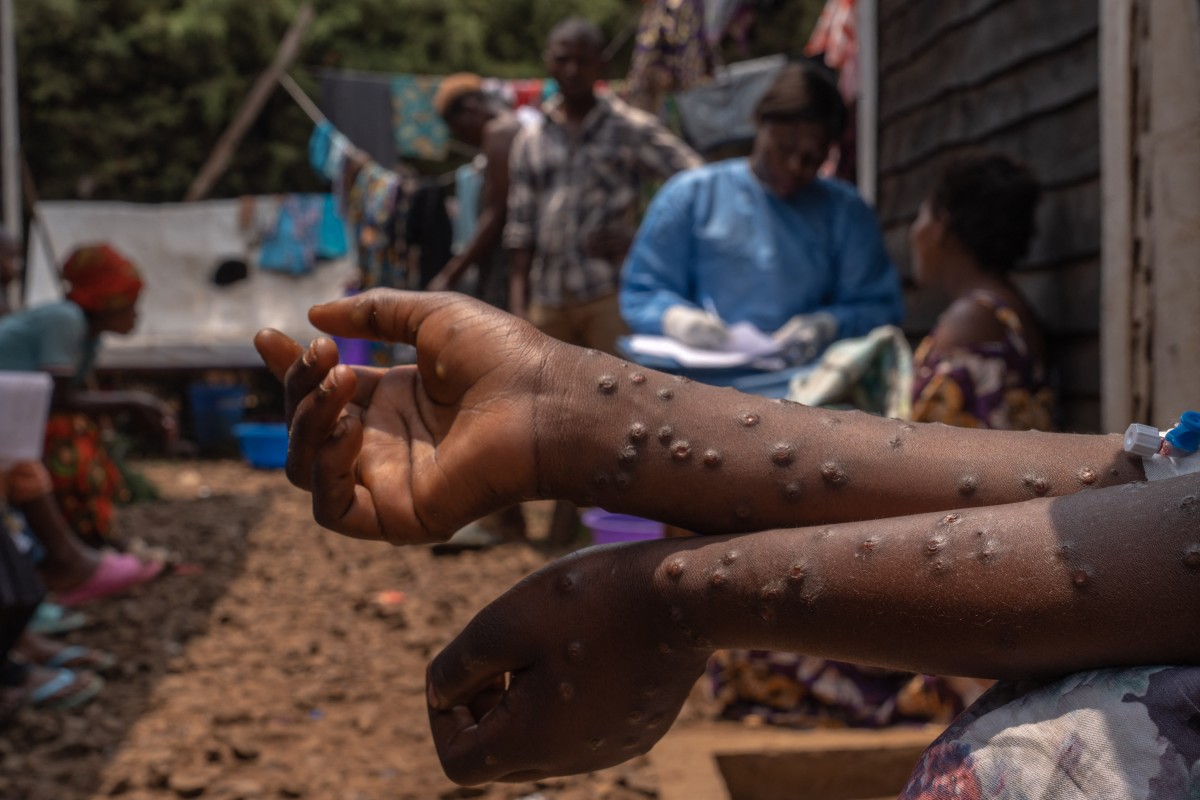An mpox outbreak in Africa, driven by a new variant that emerged in the Democratic Republic of Congo, has been declared an international emergency, raising concerns and prompting calls for vaccine donations. Mpox, formerly known as monkeypox, was first detected in humans in 1970 in the DR Congo. The disease spreads through close physical contact with infected people or animals, causing fever, muscle pains, and painful skin lesions. There are two virus subtypes, clade 1 and clade 2, with clade 1 endemic in Central Africa and clade 2 in West Africa.
The outbreak gained international attention in May 2022 when clade 2b spread globally, leading to the World Health Organization (WHO) declaring a Public Health Emergency of International Concern (PHEIC) in July 2022. Vaccination and awareness campaigns helped reduce the number of cases, leading to the lifting of the emergency in May 2023. However, sporadic cases of clade 2b are still being reported in various countries. Previous outbreaks were mainly linked to contact with infected wild animals, such as bushmeat consumption.
In August, the WHO declared another public emergency for mpox due to rising cases in Central Africa and the emergence of a new variant, clade 1b, in the DR Congo. Cases of clade 1b have been reported in nearby countries that had not previously detected mpox, as well as in Sweden and Thailand among travelers from affected African nations. The new strain is considered the most dangerous so far, with over 18,000 suspected cases and 629 deaths recorded in the DR Congo this year, including cases in regions where clade 1b is spreading.
Researchers are still studying the new variant to understand its severity compared to the original strain. While initial data does not suggest that clade 1b causes more severe cases or deaths, caution is advised due to the high fatality rates reported for the disease, especially in remote regions lacking proper medical care. There has been criticism over the lack of vaccine access for African countries most affected by the outbreak, with calls for donations from wealthier nations and vaccine manufacturers to address the situation.
Several countries and vaccine manufacturers have pledged to donate doses to the affected region, including the European Union, Japan, the United States, and Bavarian Nordic. Two vaccines, Jynneos and LC16, originally developed for smallpox, have been used against mpox in recent years. The WHO announced that approximately 230,000 vaccine doses were ready to be dispatched to the affected regions, with further deliveries expected in the coming days. The Africa Centres for Disease Control and Prevention has called for 10 million doses to be secured for the continent.
In conclusion, the mpox outbreak in Africa, fueled by a new variant in the DR Congo, has raised international concern and prompted calls for urgent action to address the situation. Despite efforts to contain the disease through vaccination and awareness campaigns, the emergence of a more dangerous strain has led to a surge in cases and deaths in the region. The lack of access to vaccines for the hardest-hit African countries highlights the need for global cooperation and support to combat the outbreak effectively. Donations from various countries and vaccine manufacturers are crucial in providing the necessary resources to control and prevent further spread of the disease in affected regions.





















